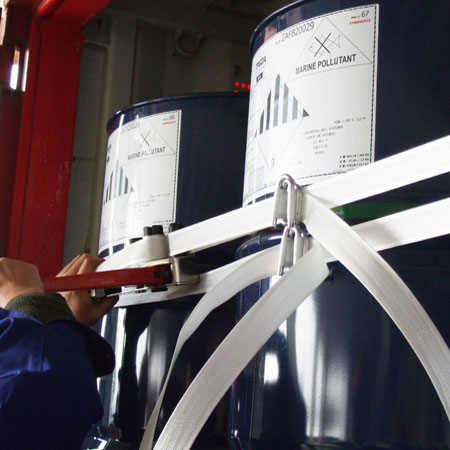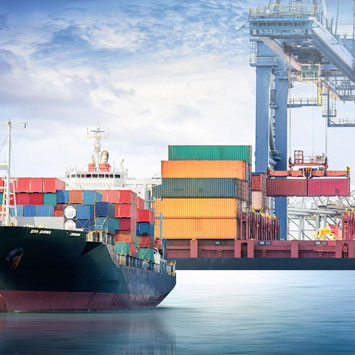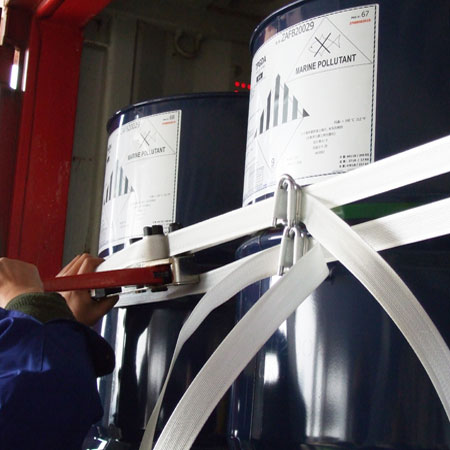In today's world, the issue of waste management has become a major concern. With the increasing population and industrialization, the amount of waste generated has also increased significantly. This has led to a number of environmental problems, including pollution, habitat destruction, and depletion of natural resources. In order to address these issues, it is important to emphasize the importance of recycling waste.
Recycling waste is the process of converting waste materials into new products in order to prevent the waste of potentially useful materials, reduce the consumption of fresh raw materials, and reduce energy usage. This process not only helps to conserve natural resources, but also reduces the amount of waste that ends up in landfills and incinerators, which in turn helps to reduce pollution and greenhouse gas emissions.
One of the biggest benefits of recycling waste is that it helps to conserve natural resources. By recycling materials such as paper, plastic, glass, and metal, we can reduce the need for raw materials such as trees, oil, and minerals. This not only helps to protect natural habitats and ecosystems, but also helps to reduce the environmental impact of extracting and processing raw materials.
In addition to conserving natural resources, recycling waste also helps to reduce pollution. When waste is sent to landfills or incinerators, it can release harmful chemicals and greenhouse gases into the environment. By recycling waste, we can reduce the amount of waste that ends up in landfills and incinerators, and therefore reduce the amount of pollution that is released into the air, water, and soil.
Furthermore, recycling waste helps to save energy. It takes less energy to produce products from recycled materials than it does to produce products from raw materials. For example, it takes 95% less energy to recycle aluminum than it does to produce it from raw materials. By recycling waste, we can reduce the amount of energy that is used in the production of new products, and therefore reduce our overall energy consumption.
Another important benefit of recycling waste is that it helps to create jobs and stimulate the economy. Recycling and waste management industries create a significant number of jobs, from collecting and sorting materials to processing and manufacturing new products. By investing in recycling infrastructure and promoting recycling programs, we can create new job opportunities and stimulate economic growth.
In addition to these environmental and economic benefits, recycling waste also helps to educate and raise awareness about the importance of sustainable living. By participating in recycling programs and making an effort to reduce, reuse, and recycle, individuals can make a positive impact on the environment and inspire others to do the same.
In conclusion, the importance of recycling waste cannot be overstated. By conserving natural resources, reducing pollution, saving energy, creating jobs, and raising awareness about sustainable living, recycling waste plays a crucial role in addressing the environmental challenges that we face today. It is essential that we continue to promote and support recycling initiatives in order to protect the environment and create a more sustainable future for generations to come.

BSTSTRAP



